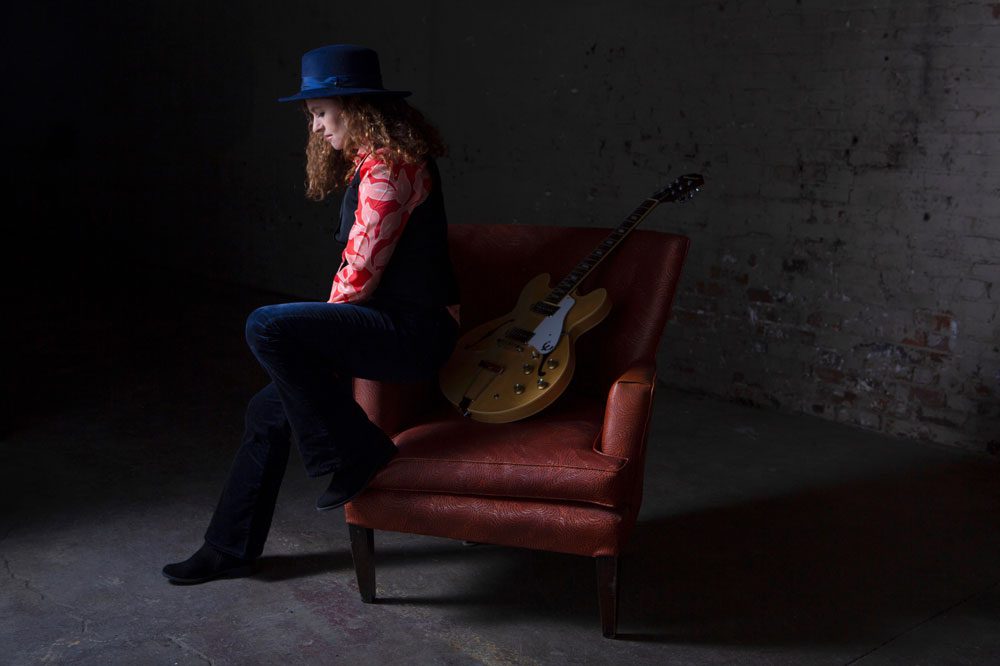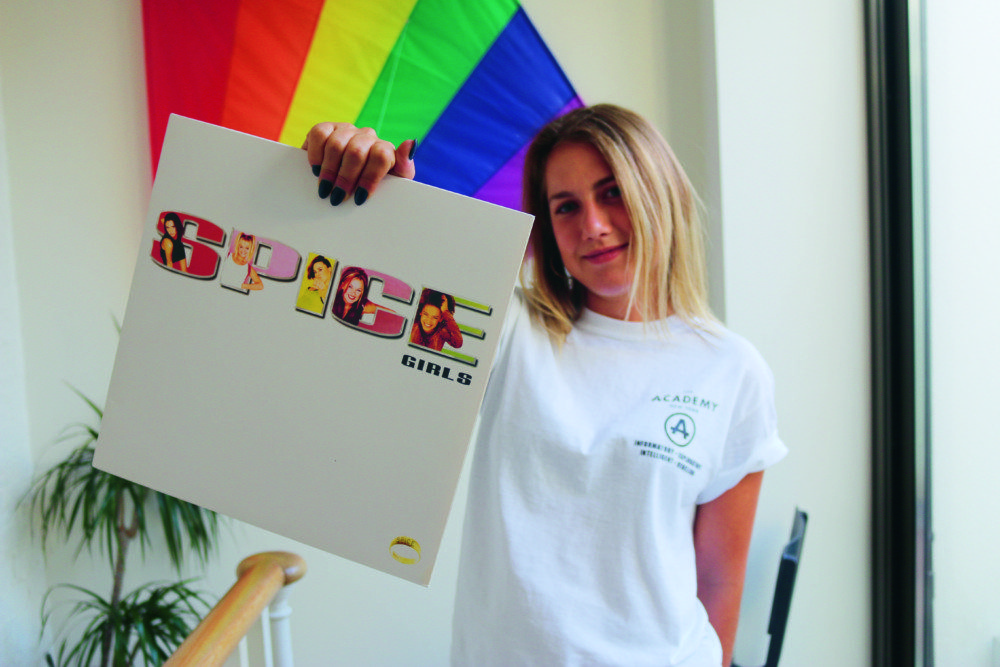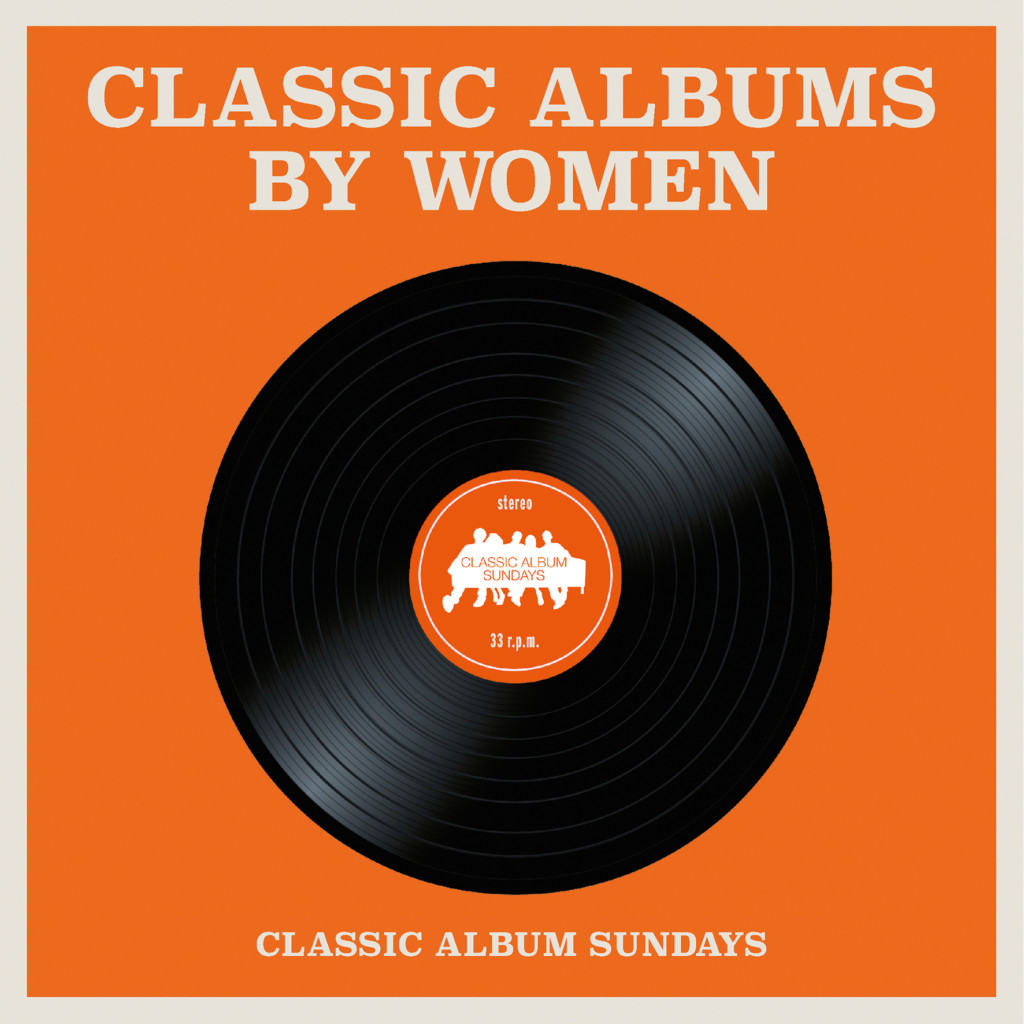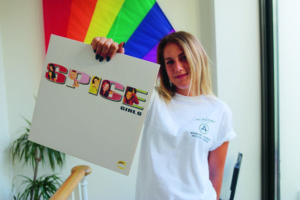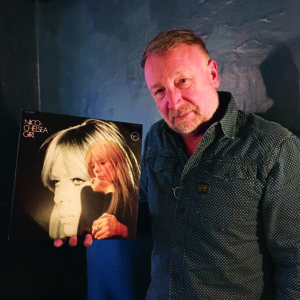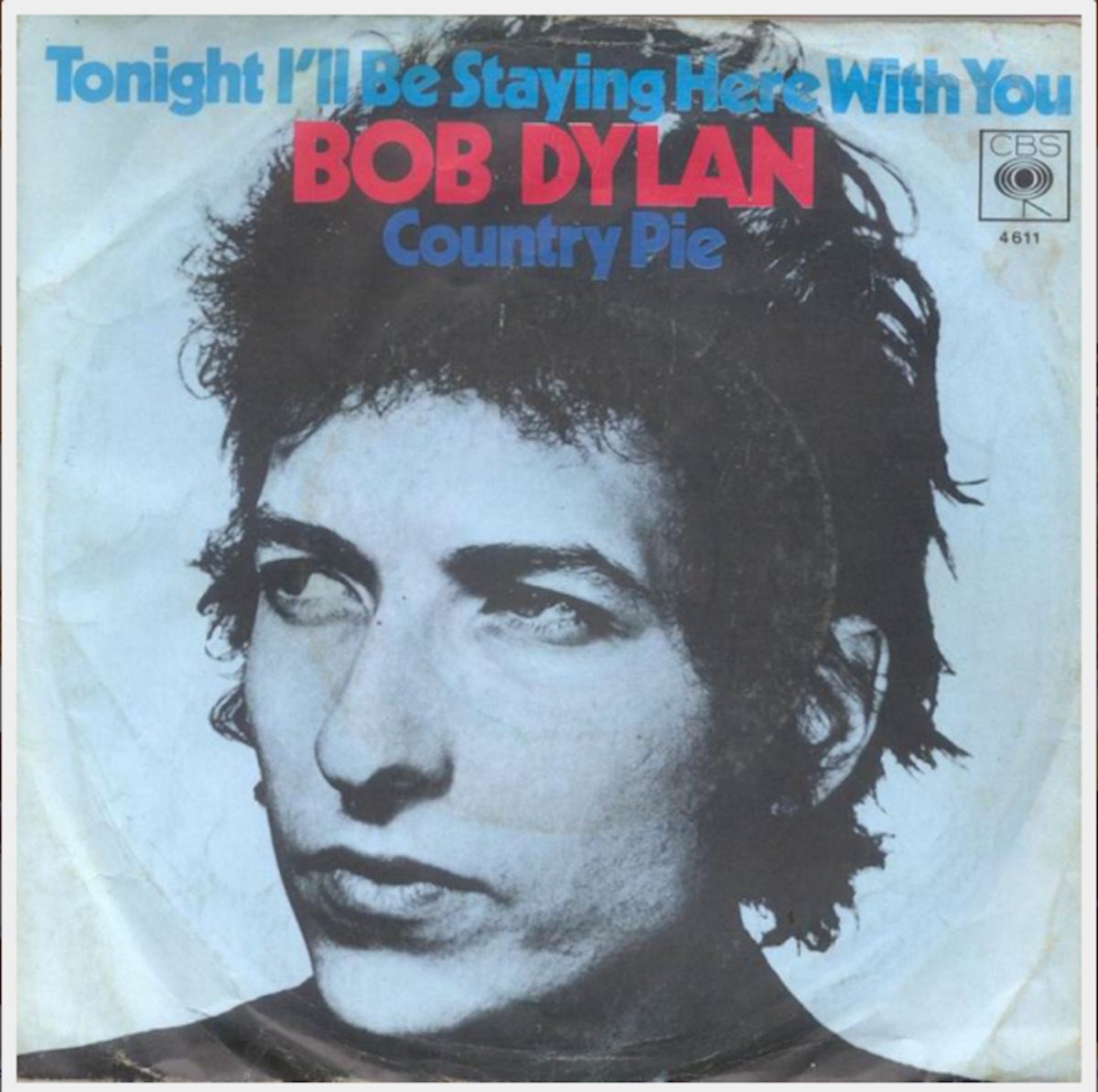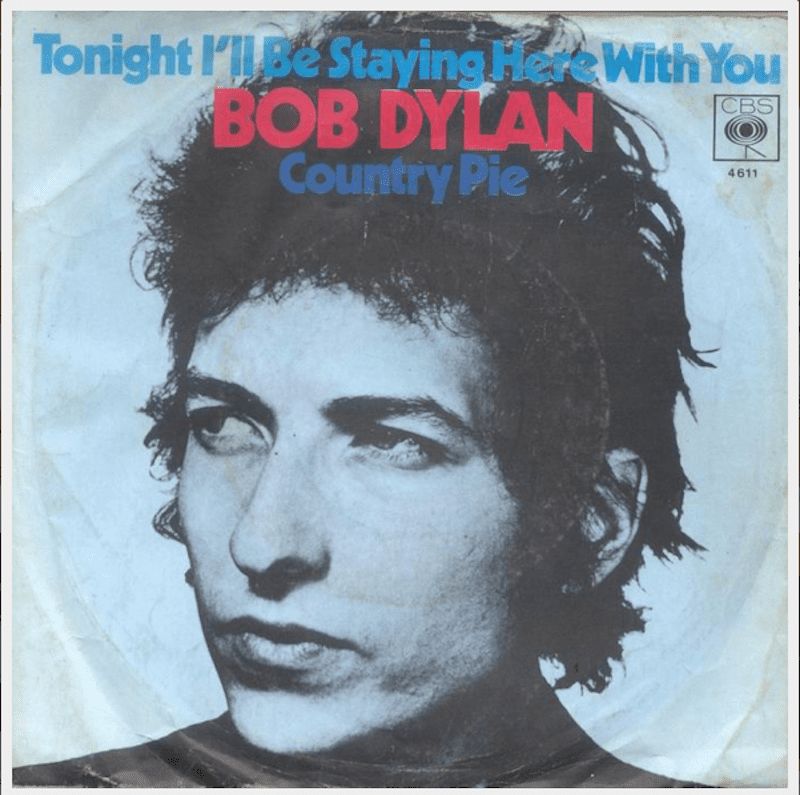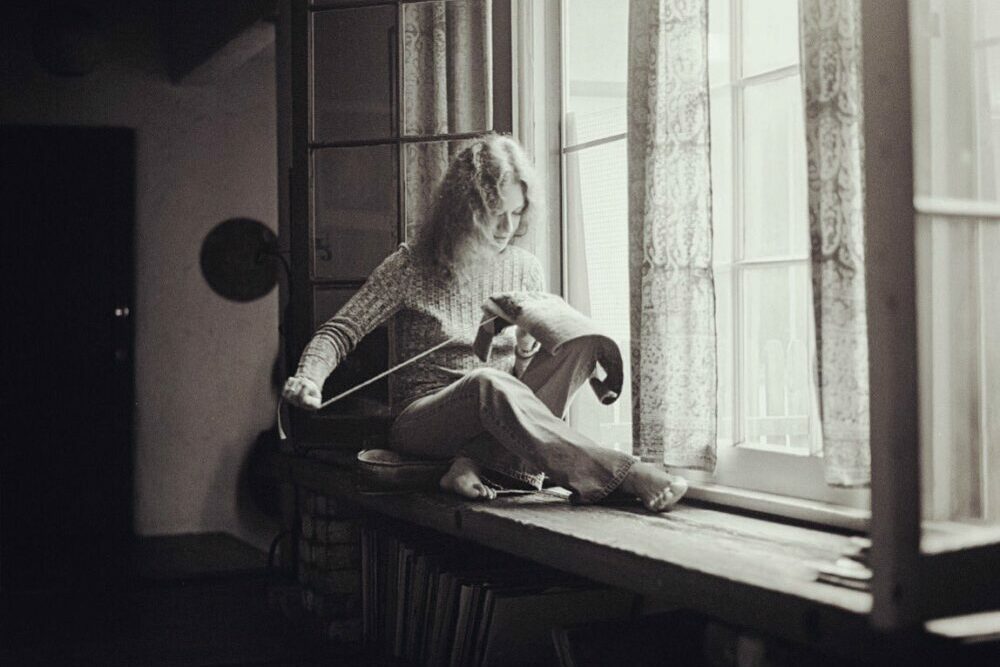

Fifty years ago, two Carole King songs dominated U.S. radio, spilling from speakers across the land. The Billboard-declared “double A-side” single of “It’s Too Late” and “I Feel the Earth Move” was released on April 16, 1971; it hit number 1 on June 19 and remained in heavy rotation for months after. The album that produced these songs, King’s landmark Tapestry, also reached number 1 on June 19; it stayed in that slot for 15 weeks—and on the charts for not weeks but years.
The single’s two sides present highly contrasting stages of a love affair. The narrator of “I Feel the Earth Move” is suffused with excitement at the very presence of her lover, while “It’s Too Late” chronicles love’s end: “Something inside has died,” King sings, “and I can’t hide, and I just can’t fake it.”
I had just turned four when Tapestry came out, on February 10, 1971 (one day after King’s 28th birthday). I remember these hits remaining as radio stalwarts for years; indeed, they both hold “classic” status and receive some significant play to this day. “I Feel the Earth Move” was a song I liked to dance to as a child, in the privacy of my bedroom. The narrator sings of feeling the earth shaking, the sky tumbling, and her heart trembling when someone else shows up—but the track’s feel is deeply self-possessed. King’s soulful, straight-ahead piano chords are highlighted in the mix; her voice sounds powerful rather than acted-upon. This song has a spirit of strength and joy, to which I reacted with improvised jumps and spins.
“It’s Too Late,” on the other hand, has for all these years been hard for me to listen to. I can’t relate to the concept of love disappearing for reasons unknown (“One of us is changing,” King sings, “or maybe we just stopped trying”). But many women who’d married young in the ‘50s and early ‘60s, as was the societal norm, were discovering feminism in the years around when Tapestry was released. They were realizing they had not known their partners well upon marrying; that they’d been too young even to deeply know themselves. A collective understanding seemed to be dawning: “I don’t have to stay. And that doesn’t mean you’re horrible; and it doesn’t mean I’m horrible either. It just means my future is somewhere else.”
Norms have changed, and women of subsequent generations tend to take more time before marriage. Granted, we still get into serious relationships at young ages—and I’ve spent perhaps too much time, while trying to write about “It’s Too Late,” thinking about which of my exes I still have love for; which I don’t, and why not; and which I thought I loved, at the time, but have come to see that the “love” was something else—entrenchment in youthful drama, a desire to feel needed, fear of being alone. (For the record, this is not an especially enjoyable exercise.) We still have progress to make, in feminism and in the messages young women receive about relationships. But at least it’s less likely now that a woman will wake up, after several years of marriage, and see that her husband is little more than a stranger.
King wrote the melody for “It’s Too Late,” but her collaborator Toni Stern wrote the lyrics—and it’s no surprise that they appear to have come from her own experience. “I won’t say who ‘It’s Too Late’ is about,” Stern told author Sheila Weller in Girls Like Us. “I don’t kiss and tell.”
Elsewhere in King’s repertoire, she’d allude to specific situations in which walking away from a relationship is a necessity. But “It’s Too Late” exists in a grey area—and captures a time when valuing one’s own needs as much as one’s partnership was a relatively new and radical idea.
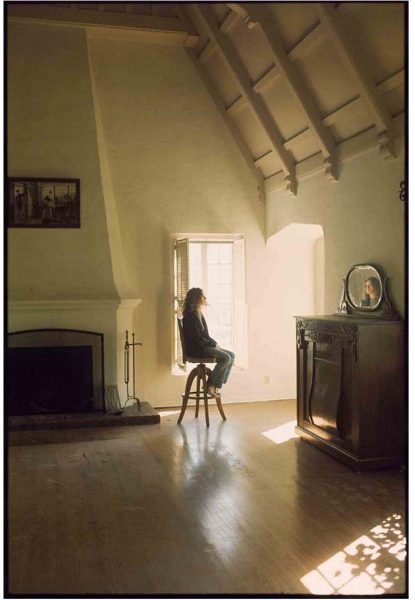
Though Tapestry was a career triumph, King had topped the charts before—just not as a singer. Her path to solo success involved the successes of many other musicians as well.
Born in Brooklyn as Carol Joan Klein, King began to play piano at age four. At eight, she made her TV debut, singing on The Horn and Hardart Children’s Hour with a classmate. In high school, she formed a vocal quartet (the Cosines) and started to call herself Carole King.
A gifted student, she graduated from high school at 16, in 1958, and moved on to Queens College. There she met a chemistry major named Gerry Goffin, who was beginning to write song lyrics. King paired up with Goffin romantically and professionally; he wrote lyrics, and she wrote music.
At age 17, King got pregnant—and so, in August of 1959, she and Goffin got married. Meanwhile, they signed as songwriters for music publisher Aldon—and together wrote hits for other musicians, including “Will You Love Me Tomorrow” (the Shirelles, 1960); “Chains” (the Cookies, 1962; the Beatles, 1963); “The Loco-Motion” (Little Eva, 1962—the singer was King and Goffin’s babysitter); and “I’m Into Something Good” (the Cookies, 1964; Herman’s Hermits, also 1964). Their “Pleasant Valley Sunday,” which became a hit for the Monkees in 1967, was written about the New Jersey suburb in which they lived—where King felt out of place as a working mother. “Natural Woman,” recorded by Aretha Franklin in 1967, was also theirs, with Jerry Wexler as a co-writer—the song’s lyrics, ironically, written by a man.
Unfortunately, Goffin and King also decided to compose “He Hit Me (It Felt Like a Kiss),” which was recorded by the Crystals in 1962 and was based on what Eva (last name Boyd) told King about domestic violence within her relationship. King has since spoken out against the song, and to be fair, the lyrics were Goffin’s (“And when I told him I had been untrue/He hit me, and it felt like a kiss”).
Goffin had an extramarital relationship with the Cookies’ Earl-Jean Reavis, who became pregnant; the baby was named Dawn Reavis and was born in the summer of 1964. Earl-Jean and the baby received financial support from Goffin—and, by extension, from King, who was still his wife.
But not for long: King and Goffin divorced in 1968, and King moved with her two daughters from the East Coast to the Laurel Canyon neighborhood of Los Angeles, following friends Joni Mitchell and James Taylor to the area. She released an album called Writer in 1970; it was critically praised but not a major commercial success. Meanwhile, King married bass player Charles Larkey, also in 1970; she was pregnant with their child when Tapestry was recorded and released. It was created in about one month—January, 1971—at A&M studio in Los Angeles.
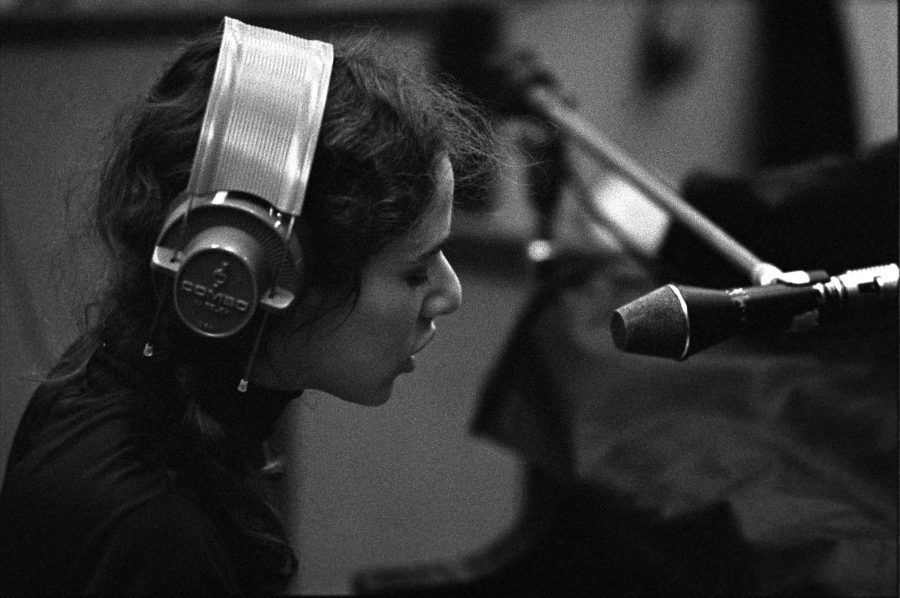
Culturally, Tapestry’s importance can hardly be overstated: an example of one person’s personal journey tapping into the hearts of millions. On the album, she reclaims “Will You Love Me Tomorrow” and “Natural Woman” in, literally, her own voice. She debuts the ode to platonic devotion “You’ve Got a Friend,” which would be covered by actual friend Taylor a few months later, marking his first number-one hit. She yearns for distant loved ones (“So Far Away”) and urges us all to celebrate life’s everyday wonders (“Beautiful”). Carole King revealed her heart in song—and listeners worldwide embraced it.
Billboard would rank “It’s Too Late” and “I Feel the Earth Move” as the number 3 record for 1971. Tapestry won Grammys in 1972 for Album of the Year and Best Pop Vocal Performance, Female. “It’s Too Late” won that year’s Grammy for Record of the Year, and “You’ve Got a Friend” won for Song of the Year.
Meanwhile, King and Larkey divorced after five years and two children; King would have two husbands after him. In tragic irony, given “He Hit Me…,” King later wrote in her memoir, A Natural Woman (2012), about being a victim of domestic abuse in her third marriage (to musician Rick Evers): “I’d always thought, if I found myself with a man like that, the first time he struck me I’d be out of there in a New York minute. I would never stay with an abuser. Until I did.”
King has recorded fifteen more albums and had many more hits since Tapestry; she has also garnered countless awards and honors, and she is still collecting them (next up: induction into the Rock and Roll Hall of Fame, in October 2021; she’s been included for her songwriting since 1990, but will now be recognized as a performer, as well). She is single, a mother of four, and living in Idaho—apparently very happily so. When a reporter asked her a few years ago what she would say to her younger self, she responded, “You’re going to have a very rich and wonderful life.”
Seems to me the confidence I sensed when I spun around to “I Feel the Earth Move” years ago may have been legit: before you’re passionate about others, you’ve got to make sure you shine your passion on yourself.
Follow Carole King on Twitter for ongoing updates.

